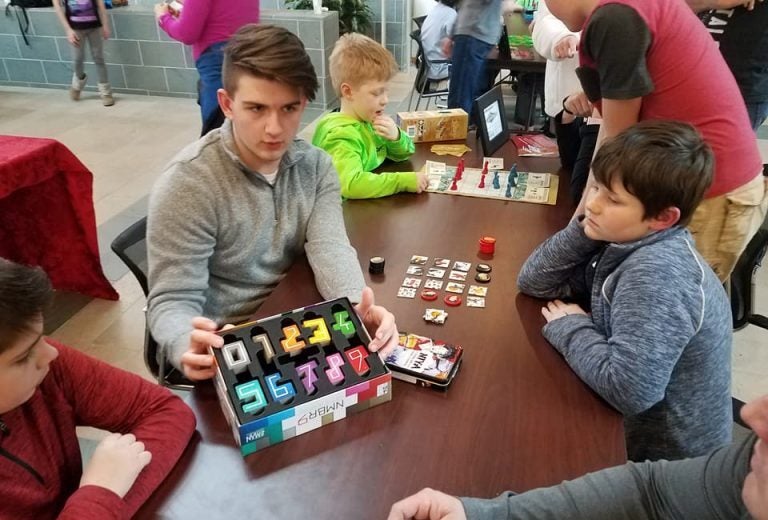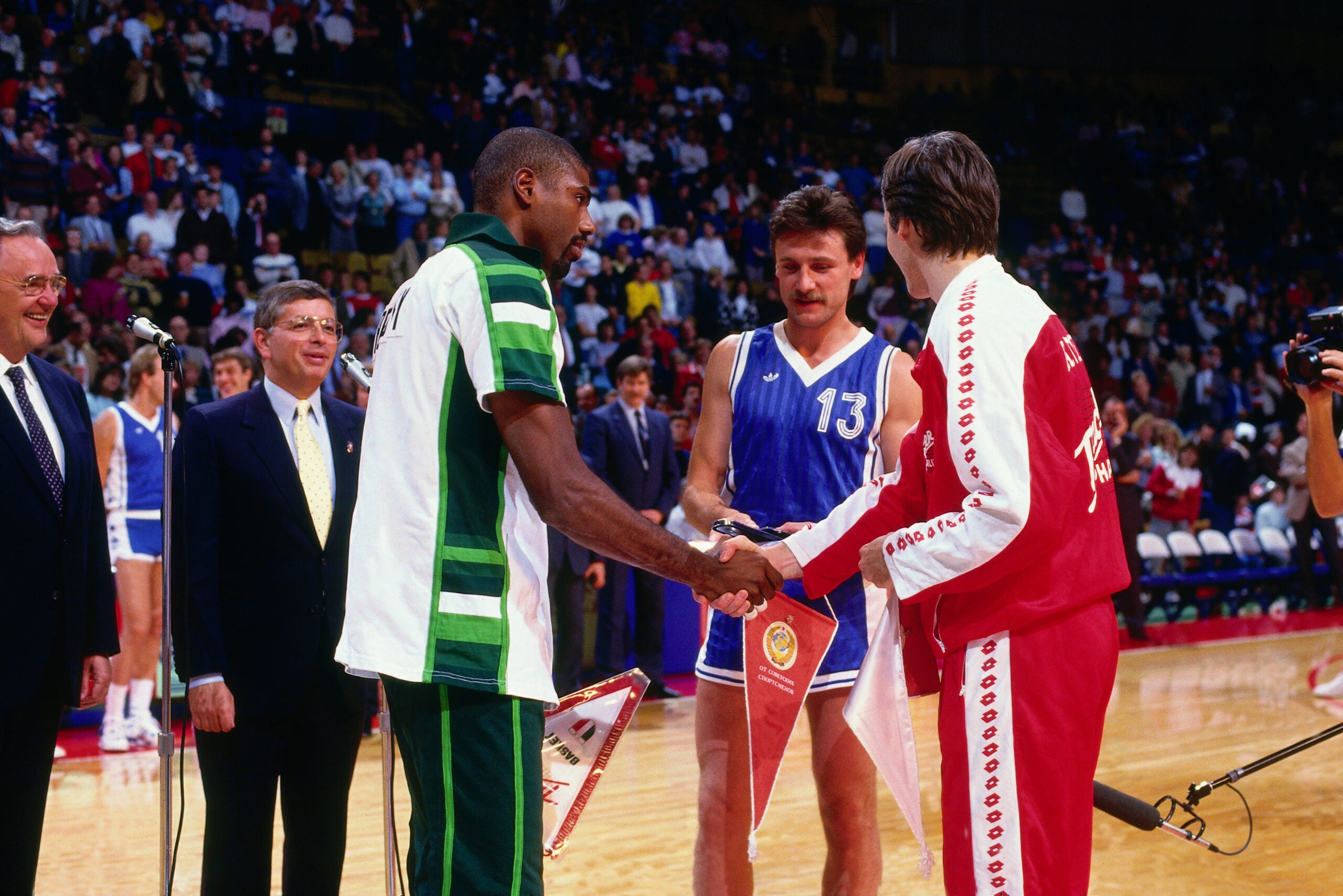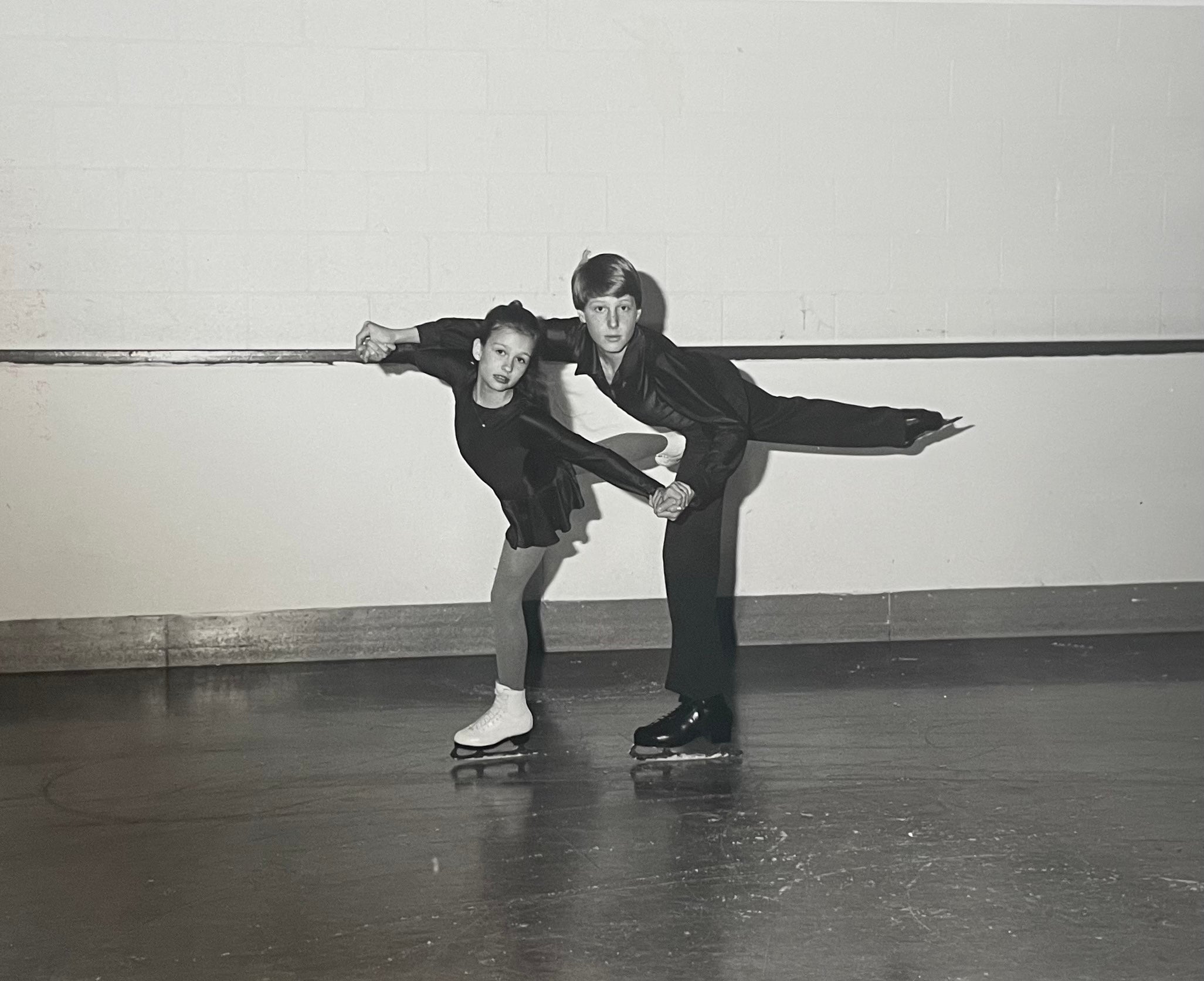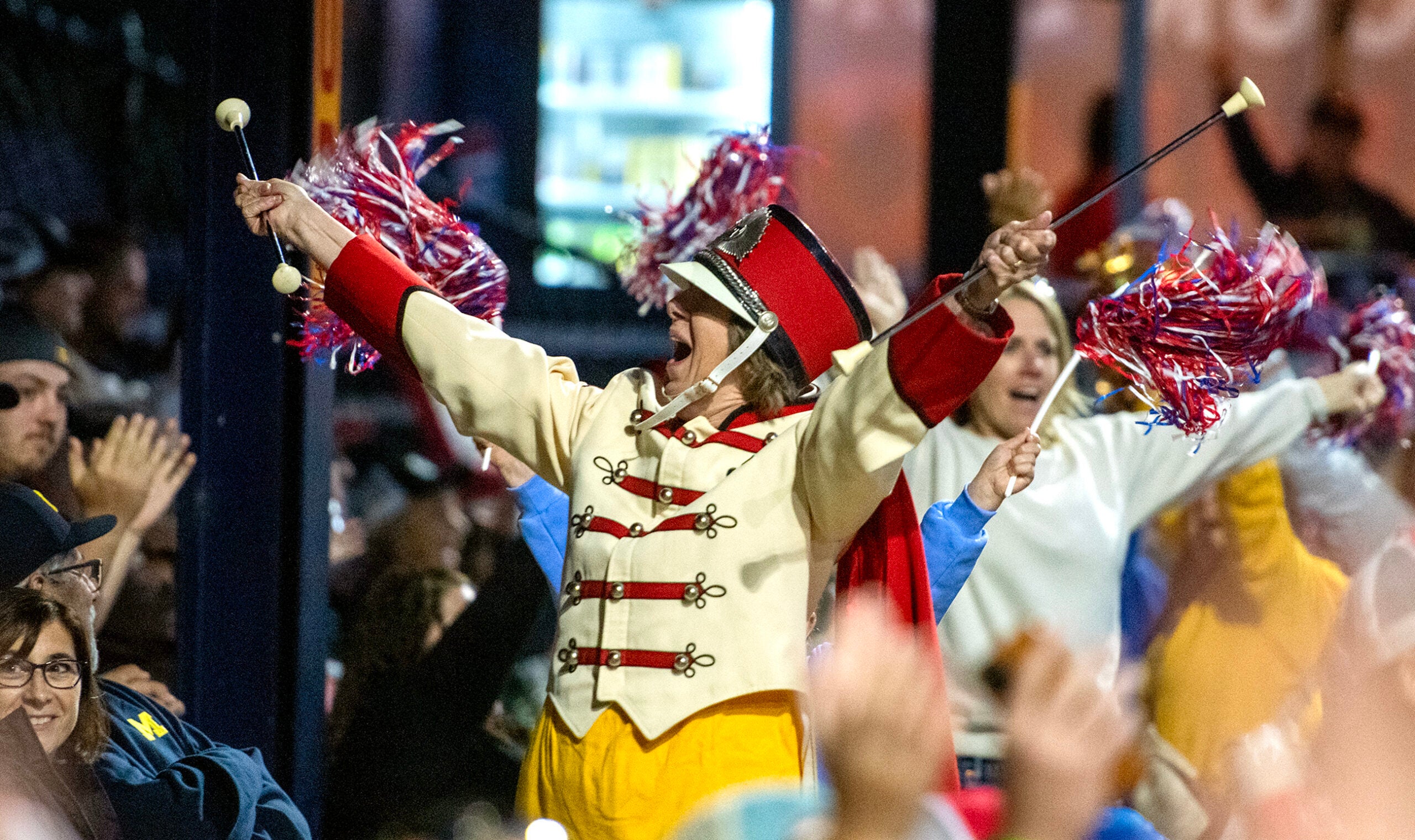For Lynn Potyen, board games are much more than a fun hobby — she believes they can be powerful tools to promote social connection and brain health.
Potyen is the owner of The GameBoard in downtown Sheboygan, where she curates a wide selection of strategic and cooperative board games for all ages and hosts community game nights. She told WPR’s “Wisconsin Today” she has seen firsthand how games can aid with therapy and recovery.
About 25 years ago, Potyen found herself looking for ways to help her young son who had a severe speech delay, after she noticed that the educational games used in speech therapy were too boring to hold his attention for very long.
News with a little more humanity
WPR’s “Wisconsin Today” newsletter keeps you connected to the state you love without feeling overwhelmed. No paywall. No agenda. No corporate filter.
“It was the disappointment of watching my son practice a game with a speech therapist and … once he’d get it home, it was no longer interesting,” she said. “So I needed to find something that could encourage his crave, his desire to want to play.”
Around that time, Potyen and her husband went to a game convention in Milwaukee. There, she learned about European-style games that were based more on strategy and critical thinking than luck of the draw.
“I started bringing those games in to help [my son] communicate differently,” she said. “From there, I just developed a whole thing for years, doing games with my kids and helping my younger kids interact with their brother.”
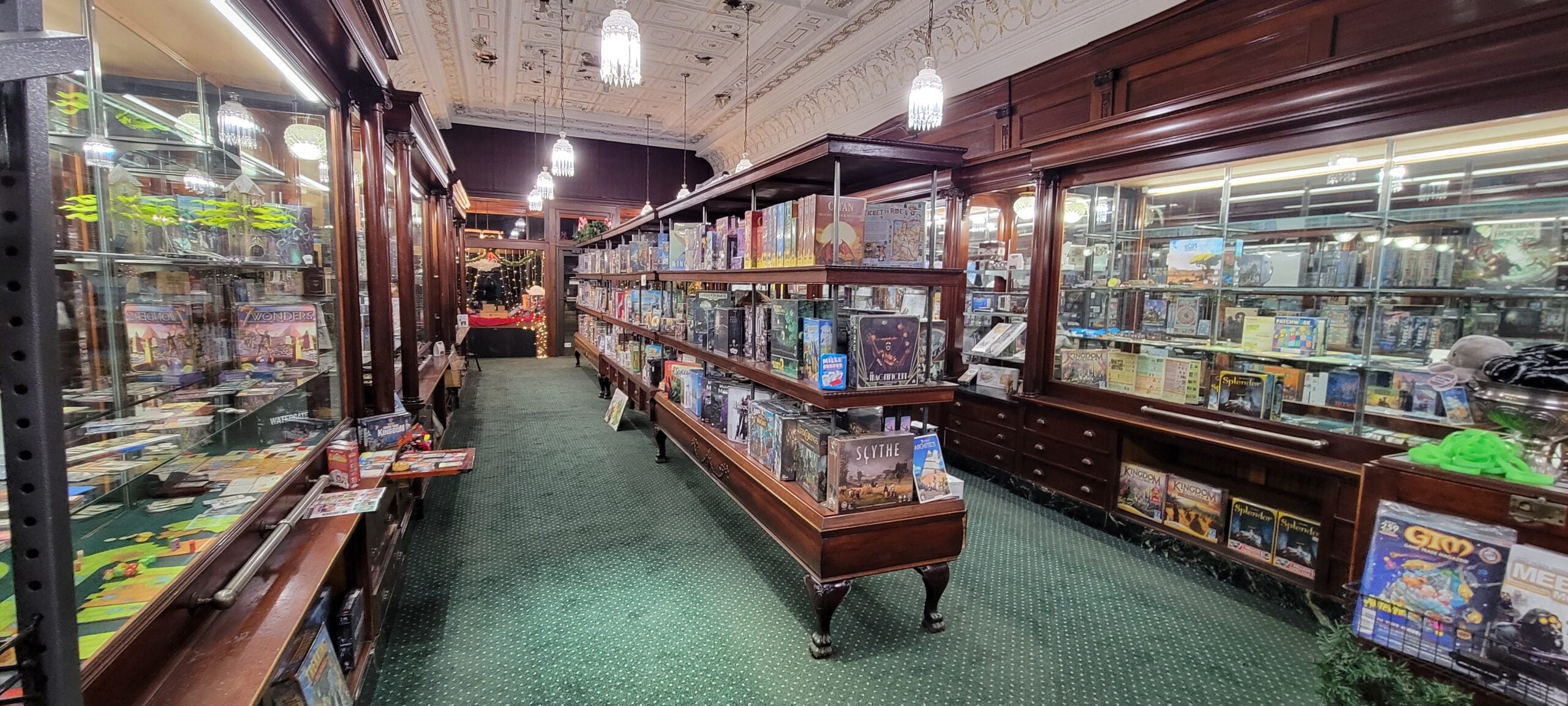
Using games differently
In 2006, Potyen opened The GameBoard to bring what she was doing at home with her family into the broader community.
“I never set out to make the store about selling games. It was always about selling the concept of using games differently,” she said. “My focus is really about: How can I help you pick a game that is going to help you connect better with your family members, with your friends, with your community, with your teachers? How can that game help you improve as a human and be more connected?”
A big theme of Potyen’s work is using board games to create social connections and learning opportunities for people who are neurodivergent or suffer from memory loss.
“Games [can] help unlock them or give them a pathway to being able to communicate differently or being able to succeed — whatever success is for them,” Potyen said. “We have goals and rules in games, [but] we don’t have to follow goals and rules. We can just follow a path, and that is our success.”
Last year, Potyen received the award for Outstanding Contribution to the Games Industry from the Ohio-based Game Manufacturers Association.
“I’m honored to be recognized with this award and committed to continuing the work of making games the first choice for building better relationships, healthier minds, and stronger communities,” she said in her acceptance speech.
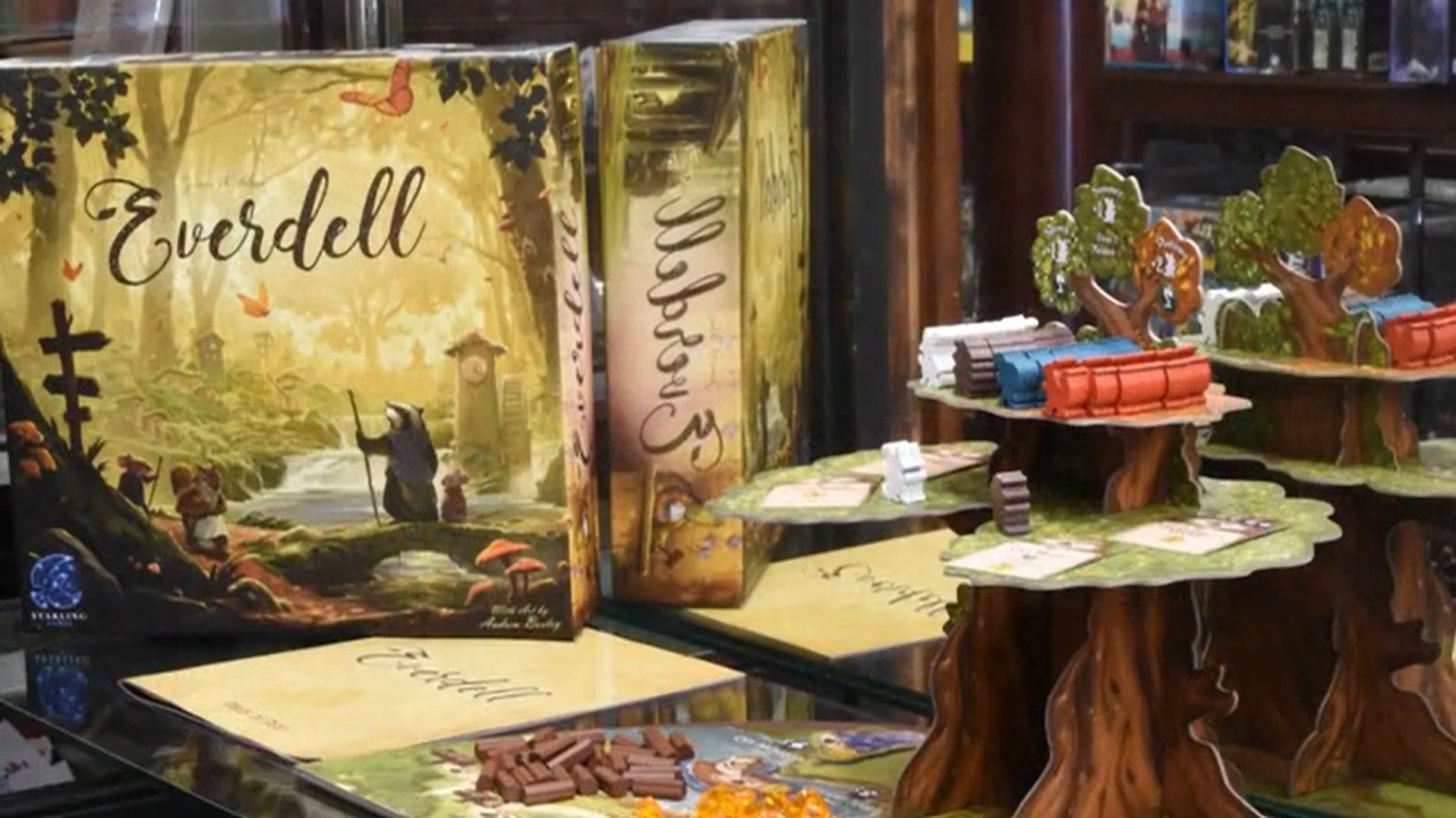
A game-changer for dementia
Since 2012, Potyen has been an active member of Dementia Friendly Sheboygan County, a group that aims to make local businesses more accommodating to patrons with memory loss and tuned in to their needs.
“I’ve trained a lot of my staff members to … use [games] to help unlock somebody who’s locked up in dementia, and be able to speak again about a color or a shape,” Potyen said.
She told the story of a couple she was helping at an event for adults with memory loss and their caregivers. The wife was in the late stages of dementia, and the husband was looking for a way to “connect with her differently,” as Potyen described.
“At the end stages of dementia, you lose your language, you lose your colors, you lose your shapes, your numbers, but you also lose your sense of touch and your connectivity. And she was at the stage where all she was doing was humming,” she said.
Potyen was teaching the couple a game called Thumbs Up, which involved the woman putting colored rings on her husband’s thumb. What happened next is a moment that has stayed with Potyen for years.
“Suddenly she stopped humming, and she turned and she looked him in the face, and she said, ‘Do you remember? We used to play games at the cabin.’ And he looked at her and he smiled, and he said, ‘I do remember.’ And she goes, ‘Oh, I loved that,’ and he started to cry,” Potyen recalled. “He told me later she hadn’t spoken to him in two years.”
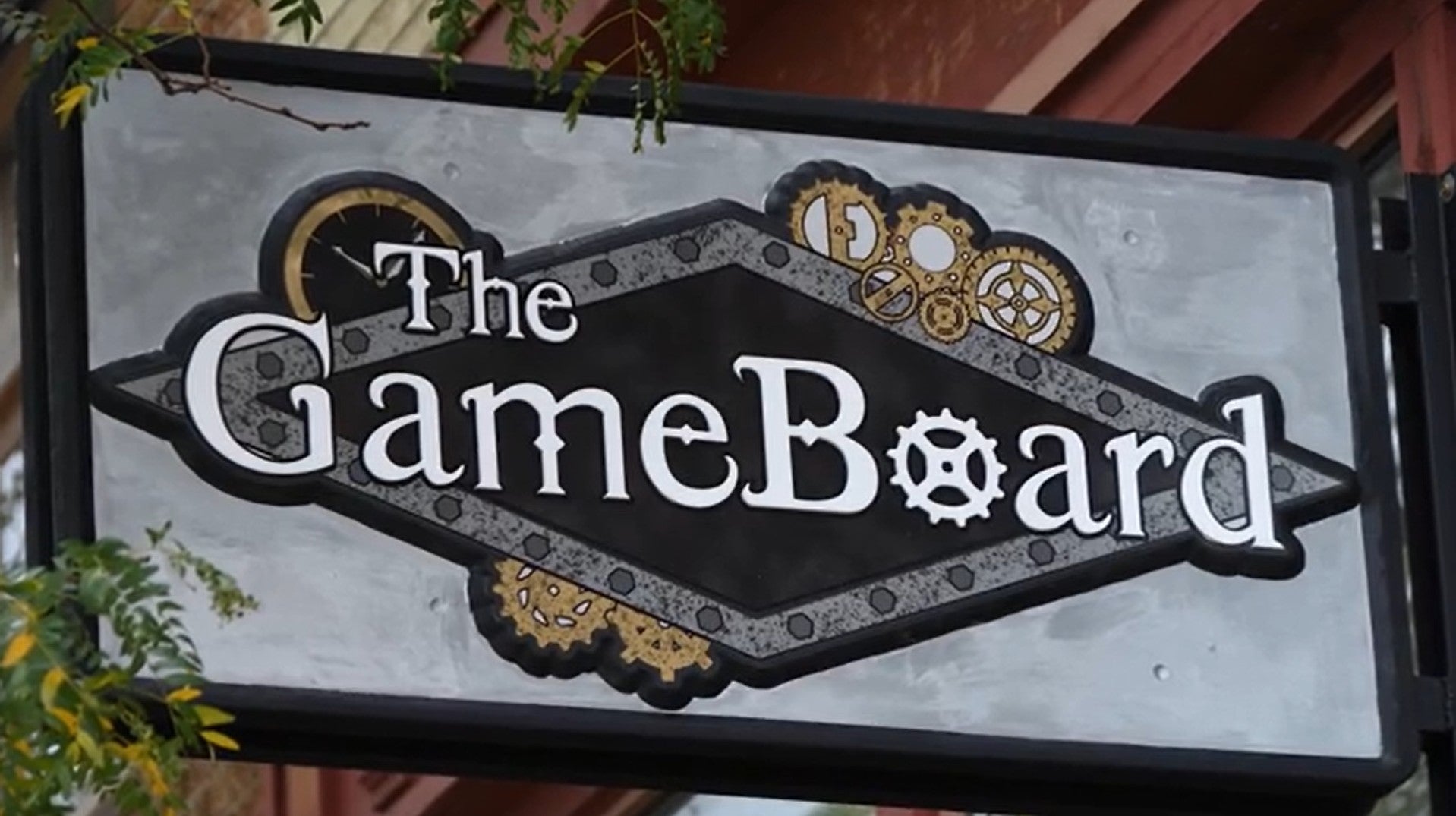
Games to try
While Potyen said she doesn’t necessarily have favorites when it comes to games, she mentioned a few that have been successful at building community in her shop among people of different ages and skill levels.
- Blank Slate is a party game where players all have to “fill in the blank.” Potyen gave the example of “Breakfast _____.” Think: “breakfast sandwich,” “Breakfast Club.” You get points for matching one or more players at the table. But if everyone at the table matches, it’s zero points across the board.
- Castle Panic is a cooperative game with a circular board. Players work together to defend the castle from monsters. “You work collaboratively with everybody at the table, so you live or die by keeping that castle alive,” Potyen said.
- Good Words is a word trivia game. Players collect cards with different letters on them as they correctly answer facts about the origin, spelling or meaning of a word. At the end, everyone competes to spell the best words with the cards in their hand.
- Ticket to Ride is a route-building board game that takes players on a “cross-country train adventure” connecting railroad routes across cities on a map of North America. Potyen said she likes the “strategy of being able to map out a pathway and develop, how are you going to get from one destination to another destination.”
- Pick Two is a fast-paced game where players make their own personal crosswords with letter tiles they draw from the center. It’s like Bananagrams but with a few different rules. Potyen said this is a popular one in her family, with her daughter being the reigning champion of making the longest words.
Role-playing games, or RPGs, like Dungeons & Dragons, are also a mainstay of Potyen’s philosophy because they spark human connection and creativity. And for people with social anxiety or memory loss, RPGs offer a low-stakes way to interact with others and make mistakes without real-world consequences.
“RPGs are incredibly valuable because they are another world where you can fail, you can succeed and you can try new things, and it does not affect you personally or socially,” she said. “It’s a game system that is mobile and it grows and it develops, and it’s based on who is playing. It’s an incredible way to do storytelling.”

